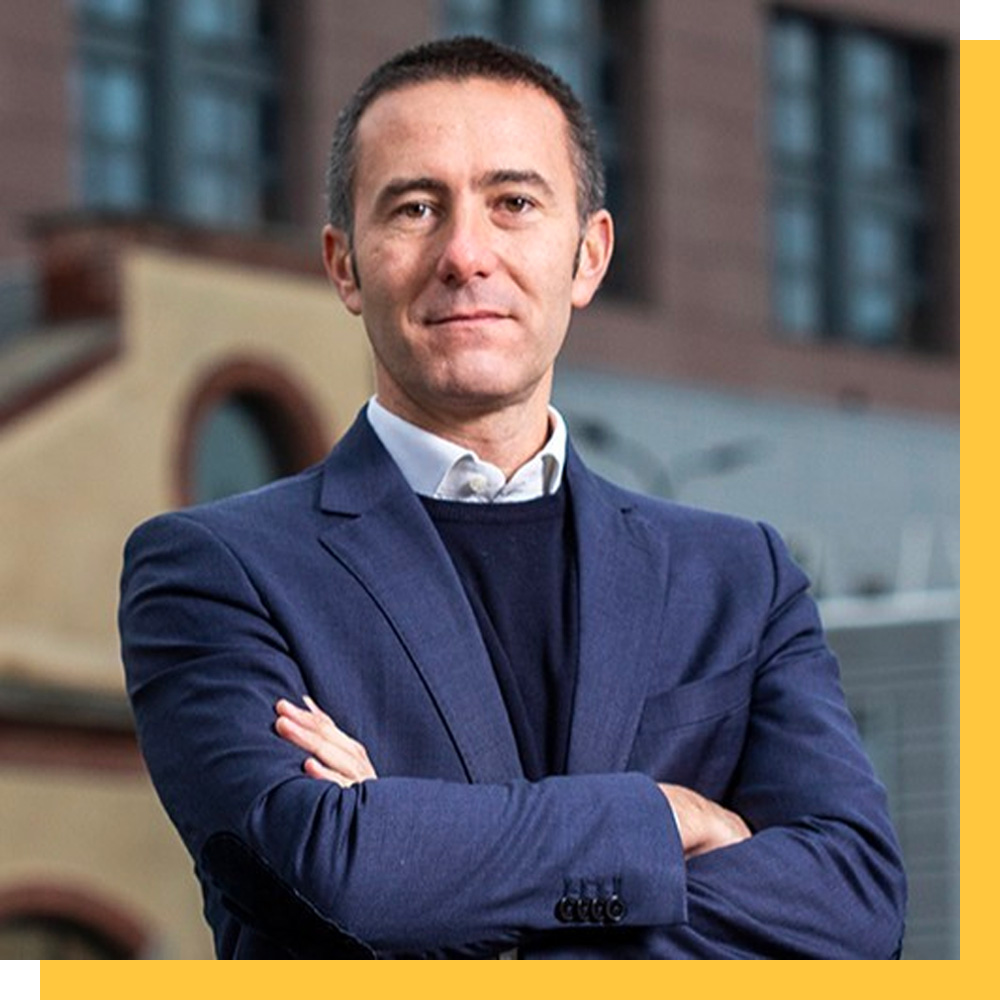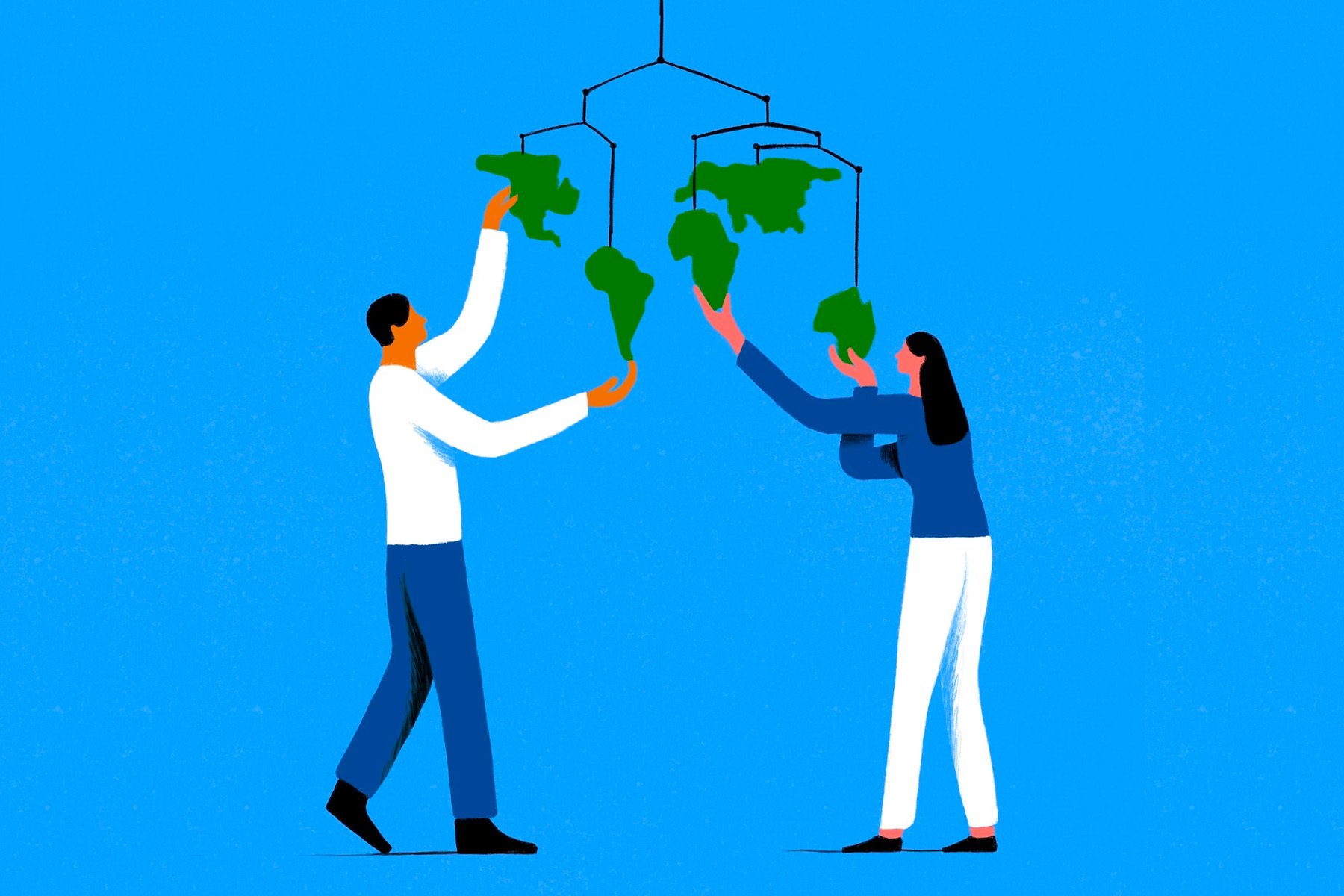Giuseppe Dell'Erba, managing director of Fondazione Cottino, has big plans for making Torino a thriving impact city. It will require equipping changemakers with the knowledge and inspiration they need to get serious about social and environmental change. We took a minute to get Giuseppe’s thoughts about how that’s happening today – at Cottino Social Impact Campus – and what challenges still remain.
What needs to happen for Torino to become a role model city for impact (as you mention on the Torino by Impact podcast)?
Torino, along with its people, its society and all economic actors, needs first to choose and believe in a strategic direction for its future. Among different scenarios to overcome this long-aged sense of a “town still locked in transition,”, I believe in the one that puts people at the centre, that aims high for reinforcing an international, open and dynamic community, uniquely positioned at European level and very much intertwined with its neighbours’ towns and regions.
Torino “City for Impact” becomes a role model if it succeeds in revitalising its attractiveness and its entrepreneurial spirit through:
Fostering sense of community, proactivity, civic engagement and inclusivity to encourage residents to take pride in their city; promoting cultural ideas, creative excellence and the city's cultural diversity;
Designing and supporting an impact economy and development, embracing sustainable initiatives and practices to address environmental, economic and social issues;
Investing jointly in technology and social impact by supporting systemic collaborations, platforms, hubs, firms, associations and collective efforts of individuals, public administration, businesses, no-profit and not for profit organisations.
What’s the role of honest experience exchange – sharing successes alongside failures – in impact education?
In complex, diverse and dynamic societies like the ones we live in, both successes and failures play an integral and pivotal role in education and everyone’s learning path for impact and wellbeing. We need to step forward and embrace a holistic, realistic and enriching experience that equips each of us with the knowledge, skills and mindset necessary to make a positive impact in the world.
I see three main elements arising when specifically factoring failures into learning programs:
Develop in-depth critical thinking and innovative attitude, analysing setbacks and pitfalls., identifying areas for improvement and devising strategies for better outcomes in the future.

Enable continuous evaluation and improvement, providing a balanced and systemic perspective of challenges and opportunities in every field, understanding failure is a natural part of the learning process and that success often comes after overcoming setbacks.
Foster perseverance and determination, learning from mistakes and openly discussing failures, avoiding similar pitfalls and finally leading to positive change and more efficient and effective impact-driven projects.
What’s the one thing you wish you knew about impact ten years ago?
I definitely go for “awareness and scale.” Given the intensity, urgency and complexity of contemporary environmental and social challenges, I wish I were absorbed by a massive, coordinated action for scaling up innovation and broader adoption of social impact solutions. I was instead in a different capacity (i.e., chief operating officer in a professional services firm) with almost no awareness of social impact (CSR movements only) and very limited exposure to social innovations, struggling to reach scale and mainstream purpose-driven economy and society.
My view today is that we are past awareness, which I consider ticked, and still coping with scaling and true, genuine implementation of the impact paradigm in the finance industry and mainly in the real economy. But no doubt the direction is set: we need to go for an impact economy, and our commitment is building on systemic programs, designing partnerships and strategies for scale, shaping mainstream business practices and strengthening alliances with all our stakeholders.
*
EVPA members attending Impact Week will get an inside look at Cottino Social Impact Campus with special sessions on Wednesday 22 November – join us!


